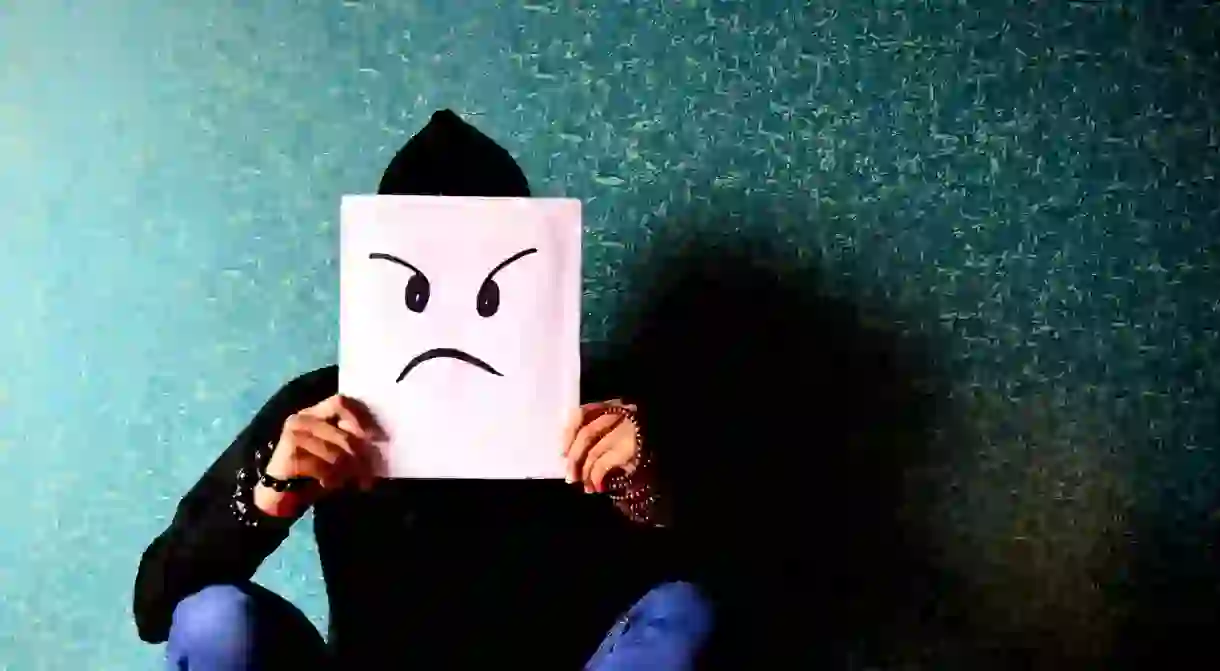Natural Ways To Relieve Stress

Dr. Hans Selye, who is largely credited with “discovering” stress in 1936, may have said it best: “It’s not stress that kills us, it is our reaction to it.”
We’ve all been there: family drama, work burnout, money problems — you name it. Stress can cause headaches, fatigue, irritability, and overeating. And, while we all know that stress isn’t good for us, finding a way to cope isn’t always easy.
But what if there were small things you could do to help reduce your stress without a visit to the doctor? Here are some science-backed ways to ease your stress symptoms:
1. Gratitude

How can you be stressed if you’re constantly thinking about all of the things you’re thankful for? It seems easy enough, but one study of 200 college students found that keeping a gratitude journal had actual healing effects. Study participants experienced strengthened social bonds, enhanced cognition, and (most importantly) reduced stress.
So do yourself a favor. Write down everything you’re grateful for and when you get into an extremely stressful situation, take a moment and look at that list to help keep things in perspective.
2. Sex

Good news here. Sex for stress relief is an actual, science-backed thing. A 2010 study found that people who had sex every day for 14 days experienced better cognitive function in the hippocampus, the specific brain region associated with stress.
Sporadic sex, or what the researchers referred to as “acute sexual experience,” was found to increase the stress hormone. So, your one night stand may feel good in the moment, but it probably won’t do much to relieve your stress symptoms. However consistent sex over a period of time, or “chronic sexual experience,” was found to reduce anxiety-like responses.
3. Music

Whether you realize it or not, the music you listen to can have a profound impact on your mood. Music has been found to help people cope with grief and some psychotherapists even suggest music as a cost-effective treatment for depression.
When it comes to stress, a 2015 study found that music helps people cope with the stresses of daily life. There’s a catch though. In order for music to help reduce your stress symptoms, you cannot just passively listen. Only study participants who listened to music for the explicit purpose of relaxation experienced stress reduction.
4. Just Breathe

It may sound almost too simple, but concentrated breathing is a technique many use to relieve stress. Quiet, mindful moments to regroup are important for all of us. Dr. Kathy Gruver, author of the award-winning book Conquer Your Stress, tells The Culture Trip that thoughtful breathing — or “mini meditation” — can provide almost immediate relief of stress symptoms.
“When we are in a fight or flight response, the breathing normally shifts,” said Dr. Gruver. “Bringing yourself back to the breath connects us with this present moment, where there typically is no stress. Many mind and body techniques are anchored in the breath because it is both in our control and automatic. It also oxygenates the blood and calms the sympathetic nervous system.”
5. Go Outside

To be fair, not everyone is outdoorsy. But you don’t have to go hiking through a rainforest to experience health benefits related to being outdoors. A 2015 study found that people in urban environments who were exposed to green spaces perceived themselves as healthier, both mentally and physically. This could mean anything from walking through a park to stumbling upon a garden.
So, no matter where you live, get outside and breathe some fresh air. Your mind and body will thank you for it.













